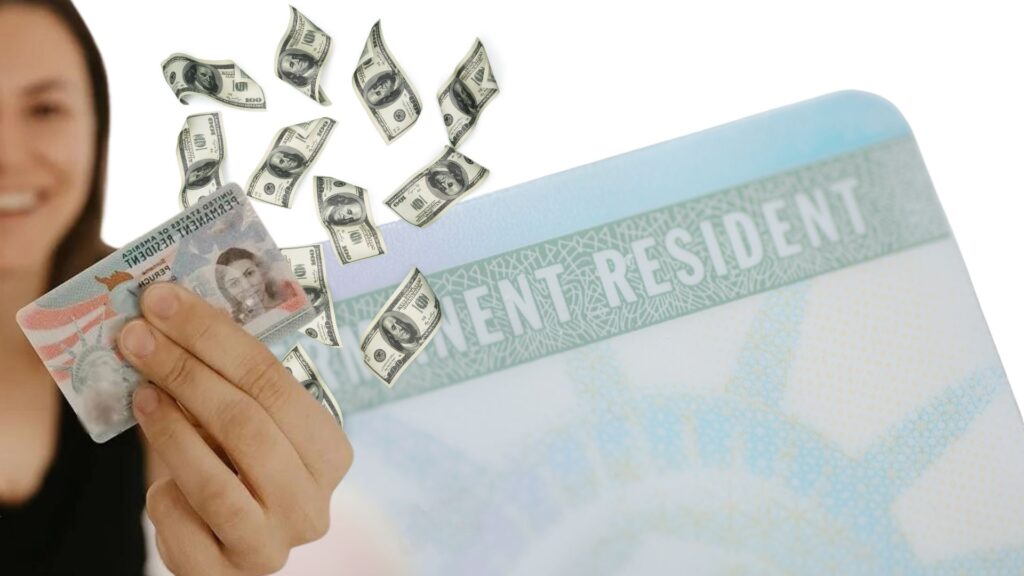In the year 2021 United States Citizenship and Immigration Services (USCIS) received an estimated 648,000 green card applications, and during the first half of 2022 the agency registered 280,000 new applications, a figure that is expected to improve with this new regulation that will make it easier for low-income immigrants to become permanent residents of the United States.
The vast majority of immigrants who come to the USA are in search of a better life and aim to eventually achieve permanent residency, with the purpose of securing their legal future in the United States.
However, The policies established in the Trump administration would have made the procedures and requirements for obtaining a 'green card' more difficult.’', expanding the number and types of government benefits used by some immigrants, which could make them ineligible for residency. Such as: food stamps, housing subsidies, or Medicaid health insurance.
What will the new measure be like?
Through this new regulation that will come into effect on December 23, 2022 The aim is to examine the situation of each particular case, analyzing the standards that establish when an immigrant is considered an economic burden on the country or a public charge.
An immigrant who falls into the “public charge” category will not be eligible for a Green Card or permanent residency. However, according to new regulations from U.S. Citizenship and Immigration Services (USCIS), The category is restricted to cases where it is “likely” that the migrant “will at some point depend primarily on the Government for their subsistence”.
Points to consider
This measure Joe Biden's administration It seeks to control and curb the adverse effect that previous regulations had on immigrants. Many of them refused to accept benefits such as food stamps, housing subsidies, and Medicaid health insurance, for which they might have qualified, for fear of not having access to a Green Card that would secure their future in the country.
News written from: Telemundo, Infobae and Semana.

